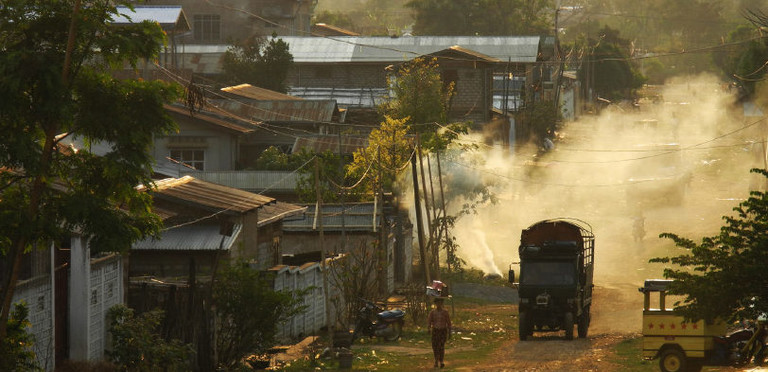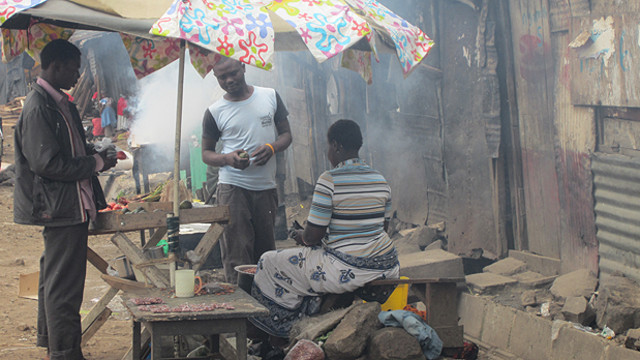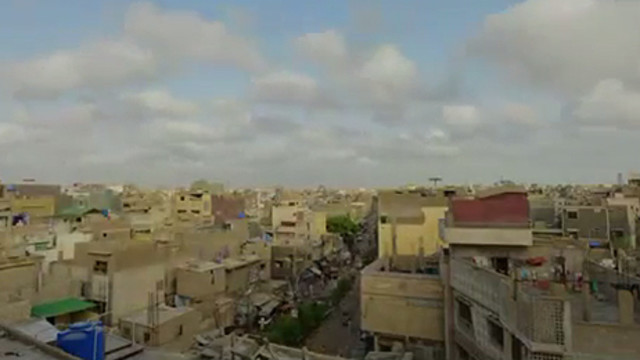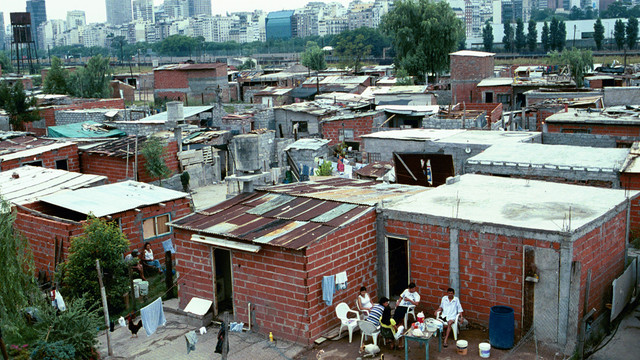Introduction to urbanisation and rural-urban linkages
Understanding urbanisation and the links between rural and urban areas is fundamental to making the most of the global transformations happening around the world, and to challenging the many myths that exist.

Myanmar is undergoing rapid economic change and urbanisation. Many new settlements like this one in Lashio lack basic services (Photo: Alex Drainville, CC BY-NC 2.0)
A major shift in population from rural to urban areas is predicted for the coming decades, and the United Nations' projections show hundreds of millions more urban dwellers, especially in Asia and Africa.
Accommodating this many more urban dwellers efficiently and equitably will be difficult – but thinking that urban growth rates are unprecedented and rising is wildly wrong and gives the wrong policy messages.
Rather than curbing the rate of urbanisation, we need to look at the real challenges and opportunities that exist. We welcome the growing number of positive accounts of the contribution that urbanisation can make to economic productivity and environmental sustainability – although official attitudes to urbanisation in the urbanising countries remain broadly negative.
Urbanisation is not just about what happens in the cities but is part of broader transformations under way. Although people and their activities tend to be classed as either 'rural' or 'urban', in fact the links between rural and urban locations, people and activities are key.
Urbanisation needs to be seen as part of wider transformations that include the change in the global economy and that include both urban and rural areas. We need to look too at the migration of people from one area to another, and at the growth rates of urban population. Also key is that urbanisation benefits wider regions, and not just the urban settlements themselves.
Urbanisation and rural transformation are intricately linked, and this has important consequences for food systems. It also has considerable implications for rural livelihoods.
Rural-urban migration is a major component of urbanisation, but while migrants are often blamed for increasing urban poverty this results in many cases in exclusionary policies that make life more difficult for the urban poor, regardless of their migrant status.
Associated resources
Urbanisation, rural-urban migration and urban poverty, Cecilia Tacoli, Gordon McGranahan, David Satterthwaite (2015), IIED Human Settlements Working Paper
Reframing the debate on urbanisation, rural transformation and food security, Cecilia Tacoli and Bill Vorley (2015), IIED Briefing Paper
Urban informality and building a more inclusive, resilient and green economy, Donald Brown, Gordon McGranahan and David Dodman (2014), IIED Human Settlements Working Paper
Urbanisation concepts and trends, Gordon McGranahan and David Satterthwaite (2014), IIED Human Settlements Working Paper
Urban poverty, food security and climate change, Cecilia Tacoli, Budoor Bukhari and Susannah Fisher (2013), IIED Human Settlements Working Paper
Urbanization, gender and urban poverty: paid work and unpaid carework in the cities, Cecilia Tacoli (2012), Urbanization and Emerging Population Issues Series, 07
Urbanization and its implications for food and farming, David Satterthwaite, Gordon McGranahan, Cecilia Tacoli (2010), Philisophical Transactions of the Royal Society B



